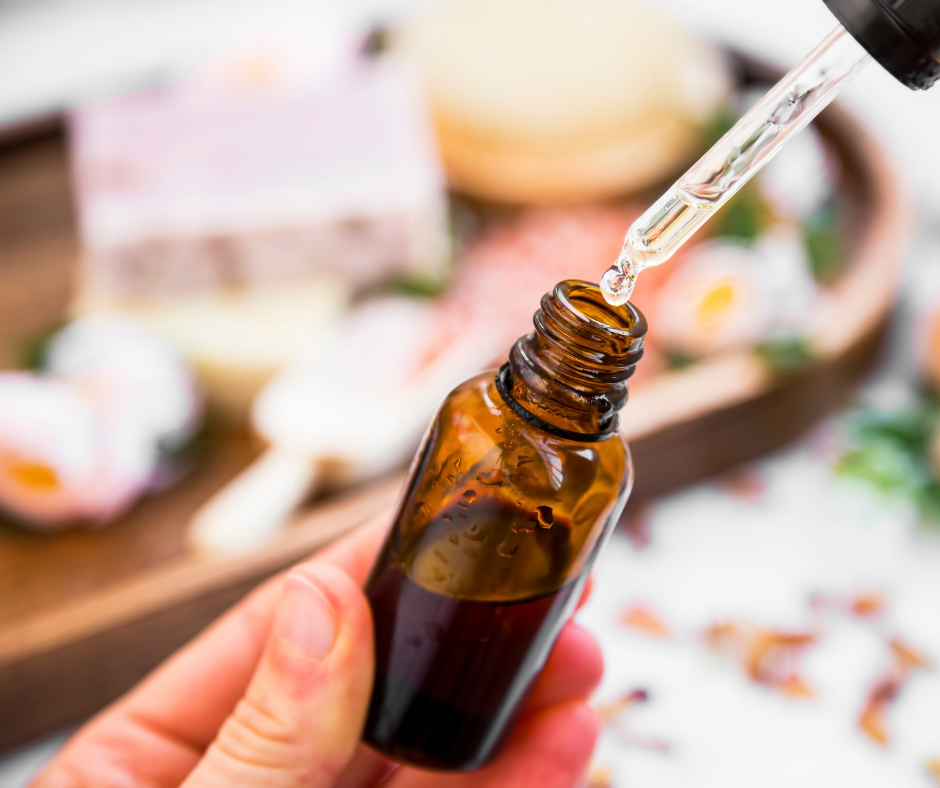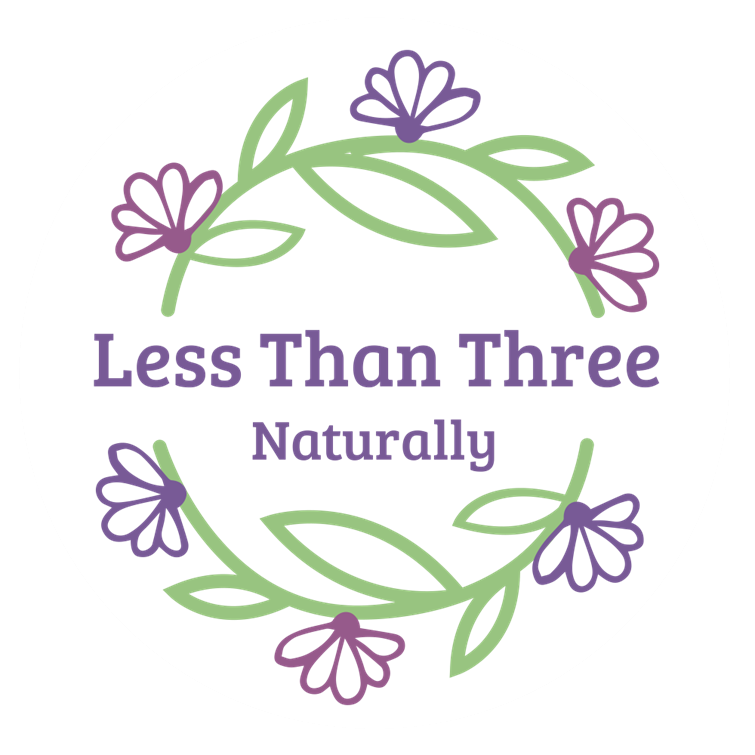
While you don’t have to be a vegan or follow a vegan diet to be interested in the benefits vegan skincare delivers for your skin.
By definition, vegan skin care products are not produced from animal products or an animal by product. This means that many traditional ingredients are not used, such as; carmine or cochineal extract (dried, crushed beetles), lanolin (sheep wool grease), emu oil, fish scales/guanine, buttermilk, honey, beeswax, royal jelly, silk, squalene (shark liver oil), collagen, gelatin (bones, tendons or ligaments) and ambergris (whale vomit).
And while vegan products are almost always cruelty-free, cruelty-free products are not always vegan. For example, a cruelty-free, organic lip balm may contain beeswax and so will not be vegan. So, if you’re looking for products that fall into both categories, you need to check for both the vegan and cruelty-free disclaimer.
You may also think that vegan skin care products are organic or natural since they are from plant-based ingredients. But that’s not necessarily the case, as they can sometimes use synthetic colours or fragrances. As a result you would need to look for the organic and natural disclaimers as well as vegan and cruelty free.
Organic not only means that the product was grown without the use of pesticides, synthetic fertilizers or GMO’s (genetically modified organisms), it is a holistic means of growing and handling the product that takes into consideration soil, plants, animals, food, people and the environment.
The term ‘natural,’ usually means that the product does not contain anything artificial or synthetic.
A lot of the same ingredients that we eat are used in skincare. And if they are good to eat, they are usually good to put on your skin. Plant derived ingredients are thought to contain more vitamins, minerals and antioxidants, which aid in repairing and hydrating the skin.
For example, foods that are rich in Vitamin C such as oranges and the Kakadu Plum (which has the highest known Vitamin C concentration of any single natural food source in the world), help to protect and support the skin cells, reduce inflammation, strengthen, and lessen hyper-pigmentation. The added benefits of ellagic acid and gallic acid in the Kakadu Plum is known to encourage collagen production and skin repair and help to reduce inflammation.
But, as I have said before, just because something is natural, organic or plant-derived does not mean you won’t have a reaction or be allergic to it. Remember belladonna and stinging nettle?
So if you’re prone to breakouts or irritations, the best approach to any skincare products is to test your target product on a small area of skin before applying it on your entire face or body.
References:
Healthline. 2022. Everything You Need to Know to Start a Natural Skin Care Routine. [ONLINE] Available at: https://www.healthline.com/health/beauty-skin-care/natural-skin-care-routine. [Accessed 12 June 2022].
Kadee Botanicals. 2022. Vegan Skincare Benefits Your Skin and the Planet – Kadee Botanicals. [ONLINE] Available at: https://kadeebotanicals.com/blogs/news/vegan-skincare-benefits-your-skin-and-the-planet#:~:text=Vegan%20skincare%20is%20good%20for,kinder%2C%20safer%20world%20for%20animals.. [Accessed 12 June 2022].
Why You Should Care About Vegan Beauty – The New York Times. 2022. Why You Should Care About Vegan Beauty – The New York Times. [ONLINE] Available at: https://www.nytimes.com/2019/02/26/style/why-you-should-care-about-vegan-beauty.html. [Accessed 12 June 2022].
SMD.com. 2022. 10 Remarkable Advantages of Vegan Skincare – SMD.com. [ONLINE] Available at: https://sustainabilitymattersdaily.com/10-remarkable-advantages-of-vegan-skincare/. [Accessed 12 June 2022].
Callahan, C. (2019) What is vegan skin care and is it better for you?, TODAY. Available at: https://www.today.com/style/what-vegan-skin-care-it-better-you-t151466 (Accessed: June 12, 2022).
